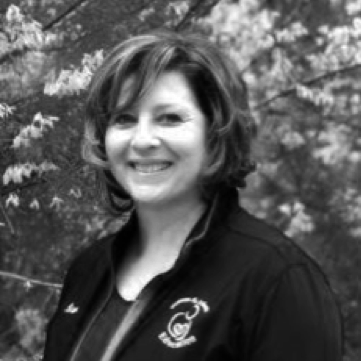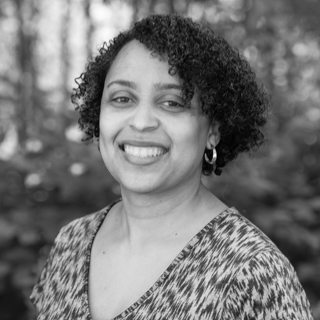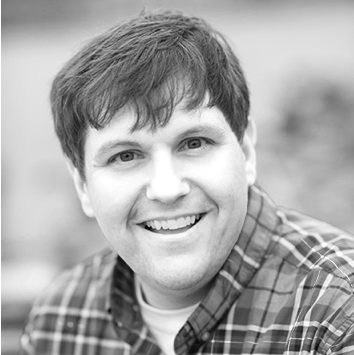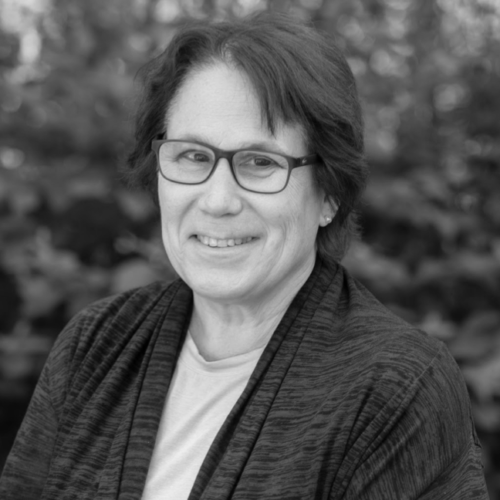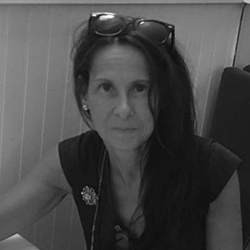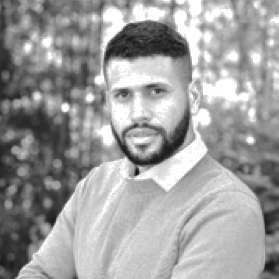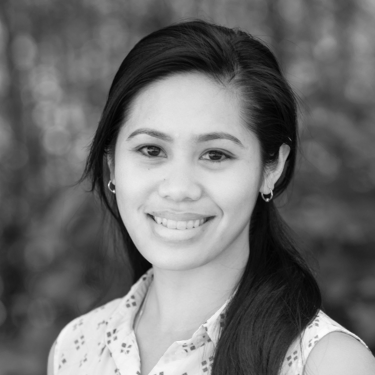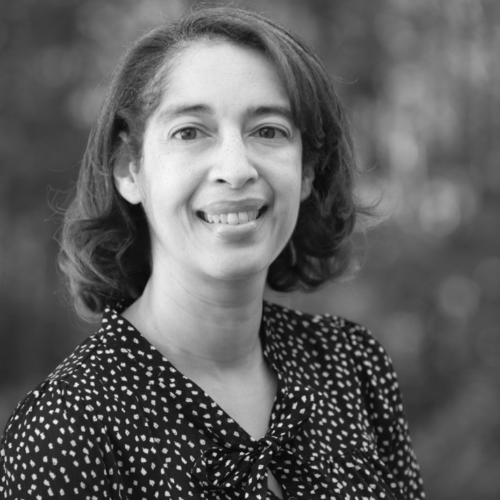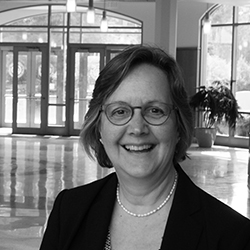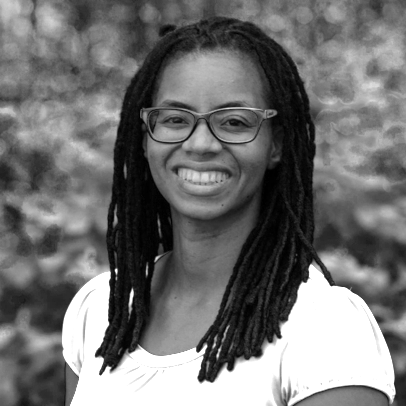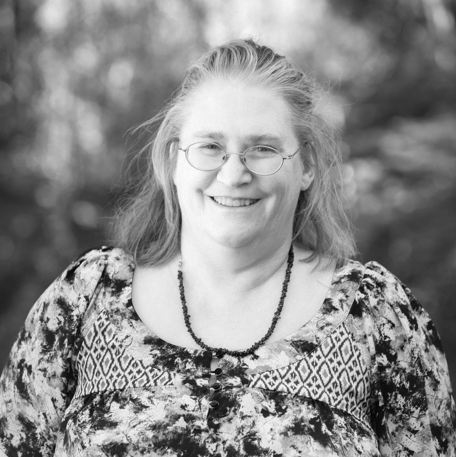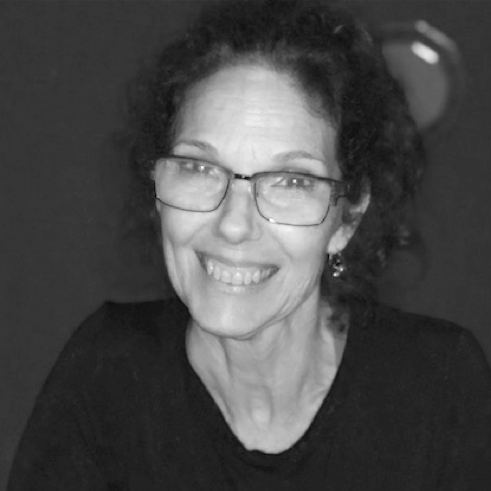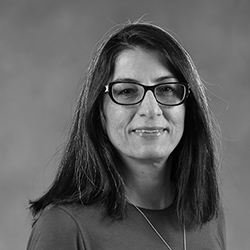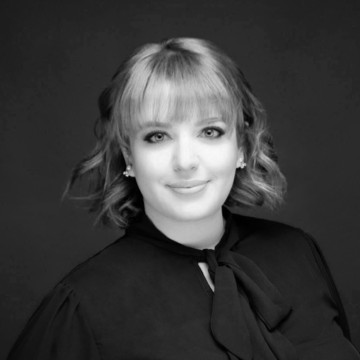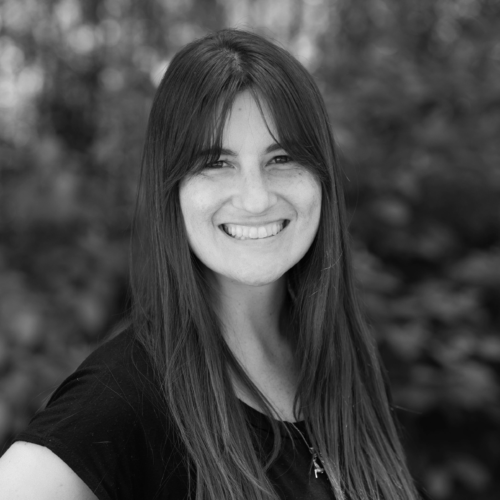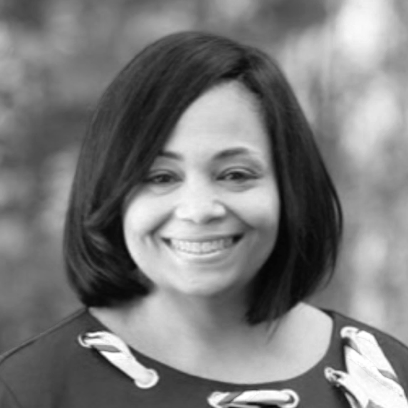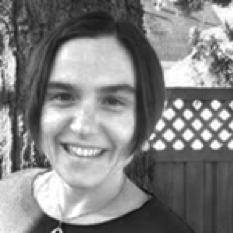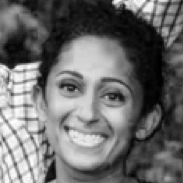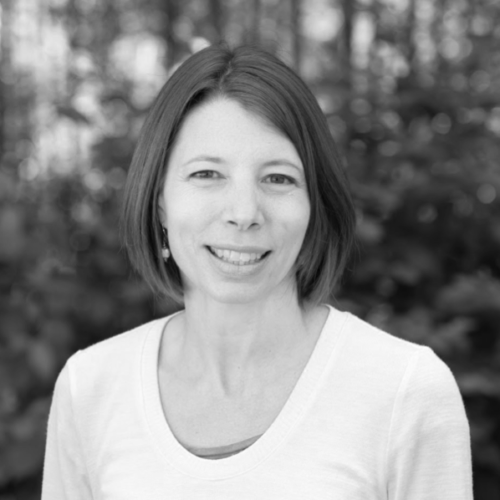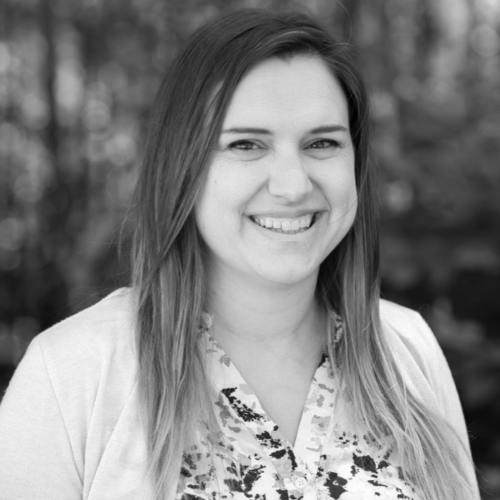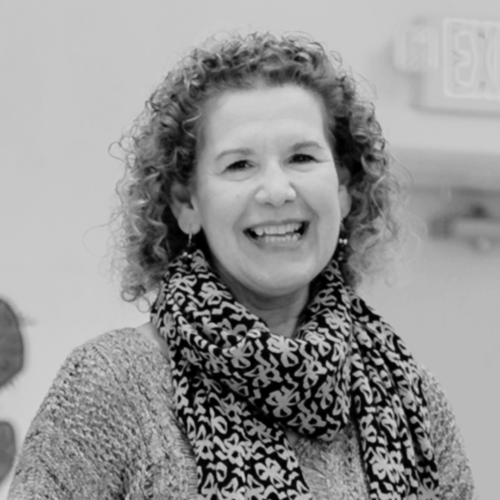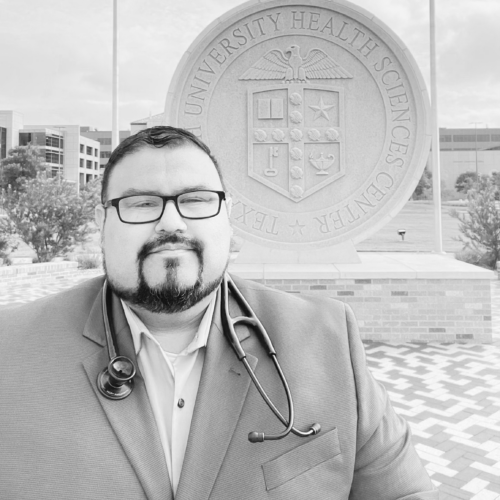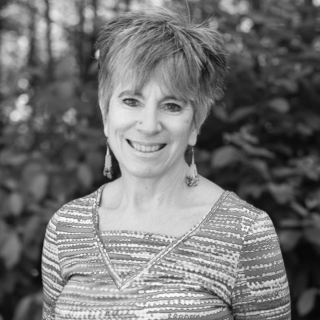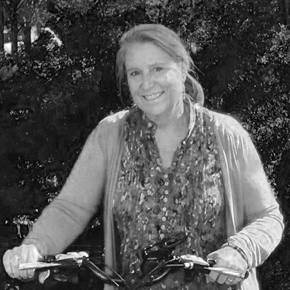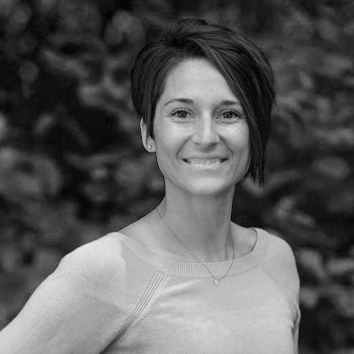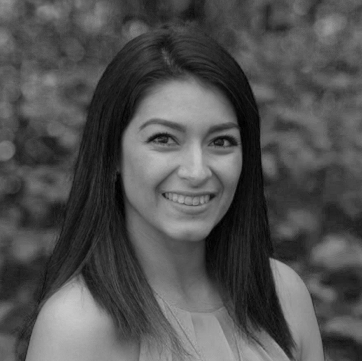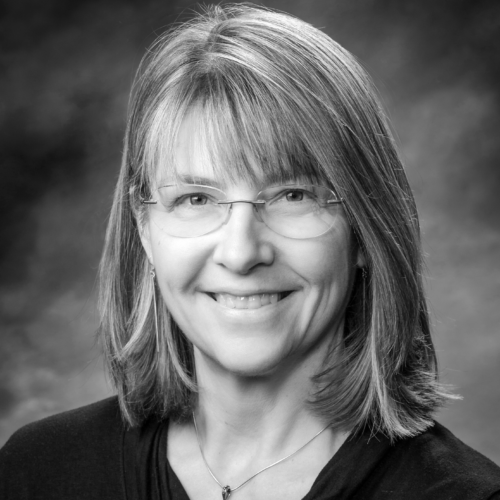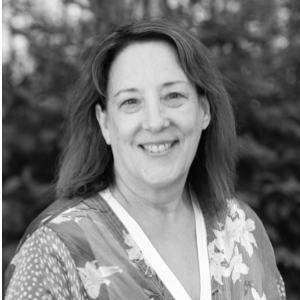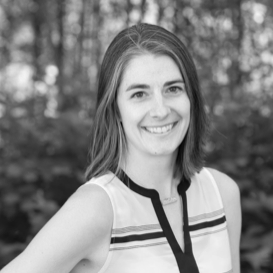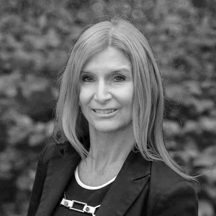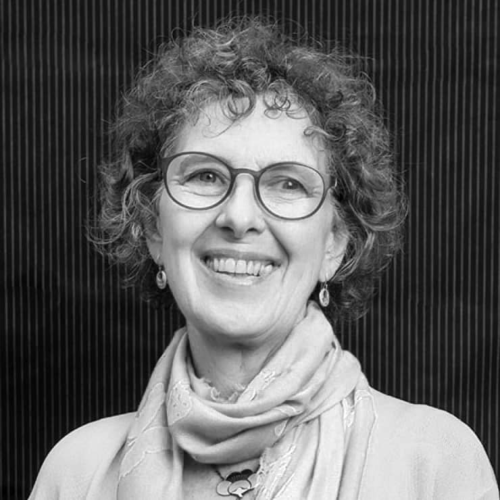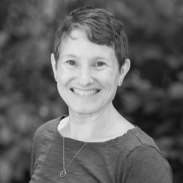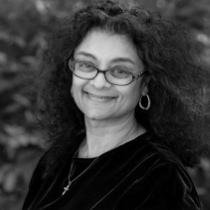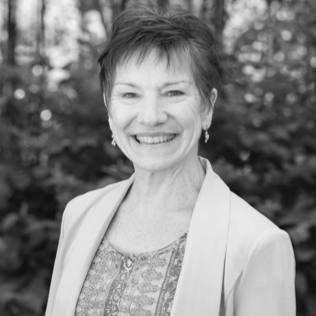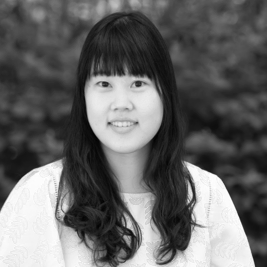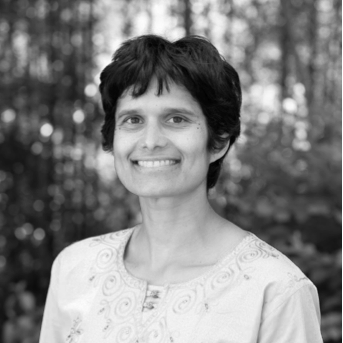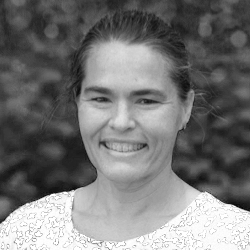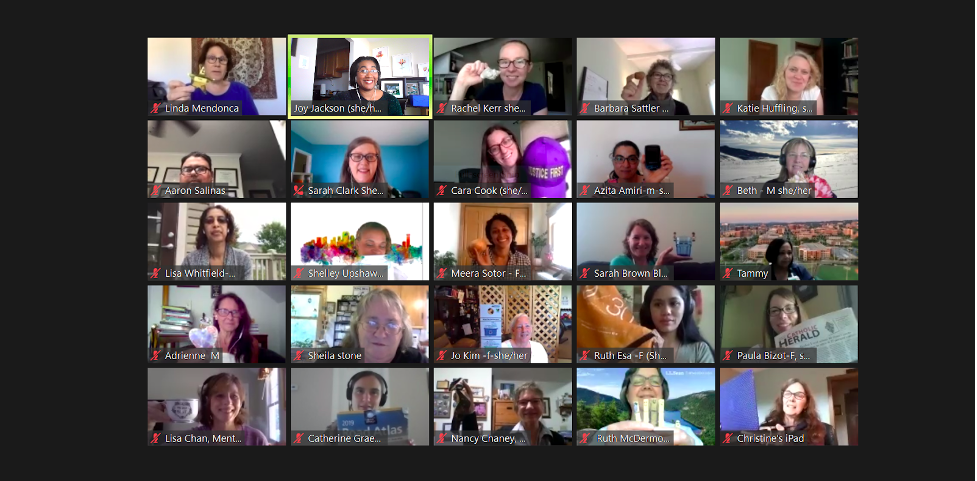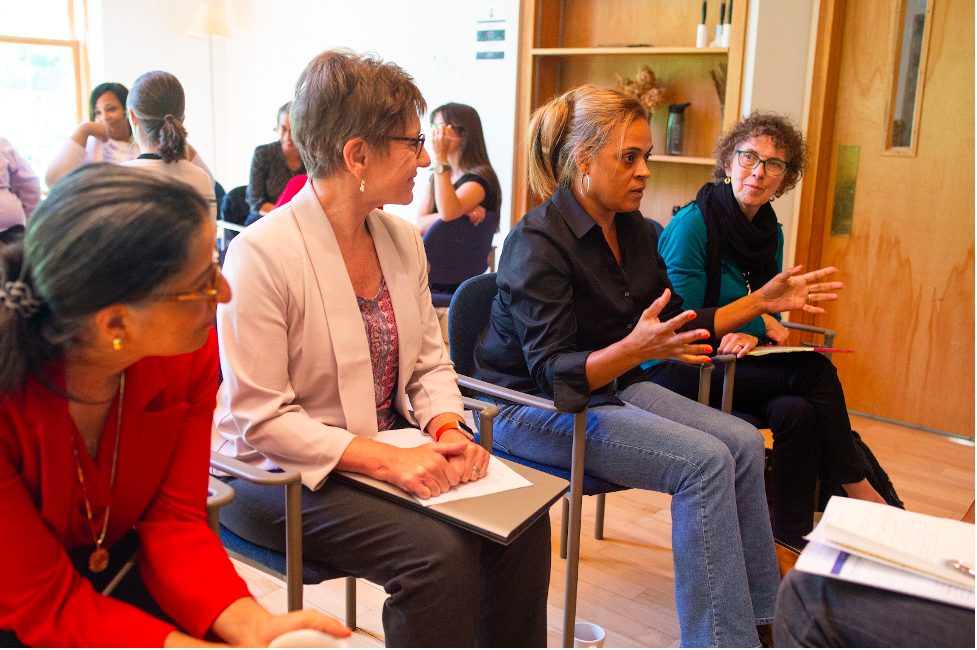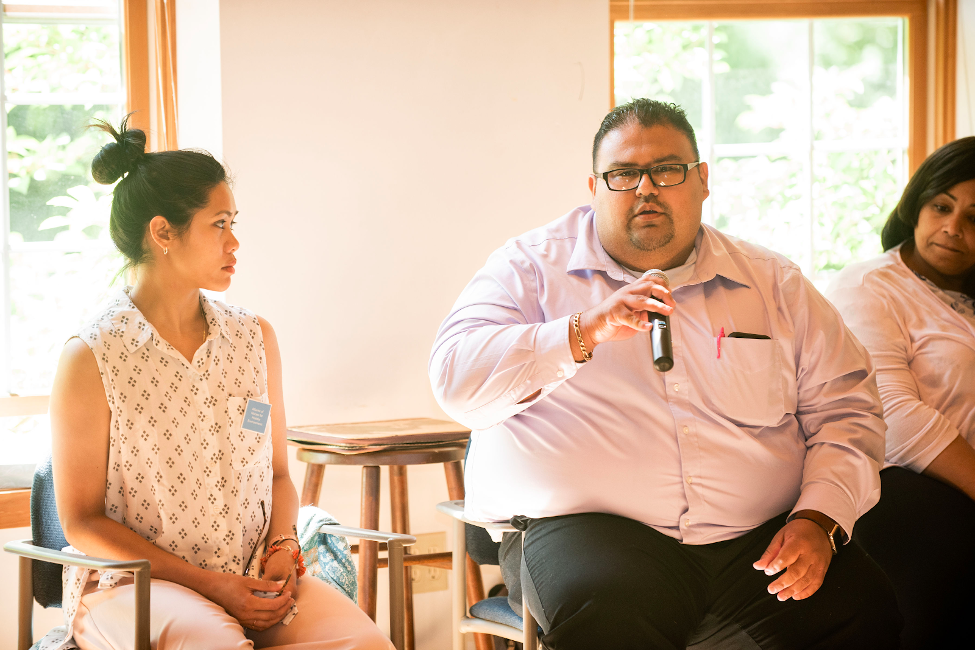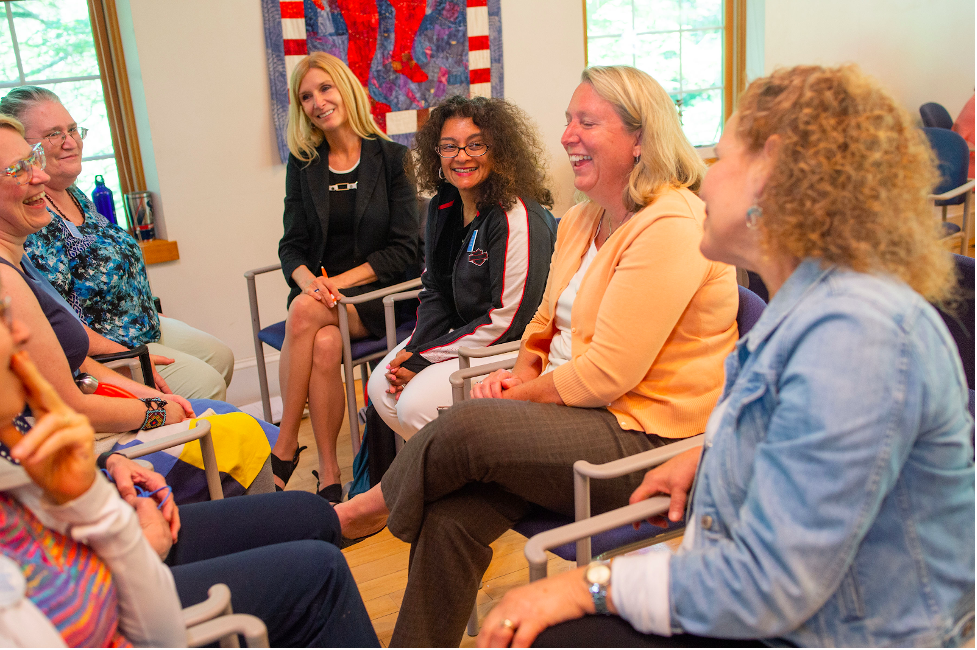Fellowship Program Convening Events
Throughout the Fellowship experience, ANHE hosted two convening events as a way to build community and strengthen relationships between participants and engage in dialogue with environmental justice and community leaders. The convening events additionally provided an opportunity for the participants to explore their process for transformation and to expand their capacity to respond to environmental health threats in partnership with communities.
Experiences from ANHE Nurse Fellows
As part of their Fellowship experience, Nurse Fellows partnered with community-based organizations to address a community-identified environmental health need and build support for community-driven solutions. Learn more about their experiences below.
Ruth Esa (region 2) explored CBO’s throughout Queens, New York, building connections throughout the borough. Ruth supported the Green Team at a high school focused on preparing students for careers in the health professions in Cambria Heights, Queens. The Green Team’s goal was to promote food justice and autonomy in promoting food choices and practices that improve health while mitigating climate change. She helped them apply for a citizen’s grant that would support the school in providing fresh, school-grown produce to the community, composting food scraps, and install native permaculture gardens to enhance green space on school grounds. This grant is now being utilized in COVID-19 relief efforts for those disproportionately impacted by the pandemic and economic crisis. She has become a “Compost Master” and has advocated to promote composting amongst the students, work colleagues and voiced her testimony to the NYC Council Committee on Sanitation & Solid Waste Management to #SaveOurCompost.
Chris Fasching Maphis (region 3) assisted efforts to form the 50by25 campaign in Harrisburg, Virginia. The campaign advocated for the city council to commit to 50% renewable energy in the electric grid by 2025. The campaign also called for a 25% increase in energy efficiency in municipal and school buildings by 2020, along with the promotion of equitable pricing and creation of programs that incentivize weatherization and energy efficiency in residential and commercial properties, lowering energy costs and making housing more affordable. Chris worked with the campaign to submit a $500,000 grant to enhance equitable interventions around the health impacts of climate change. In response to campaign advocacy efforts; the Harrisonburg city council unanimously passed a resolution committing to 100% clean and renewable electricity by 2035, and across all energy sectors by 2050. This makes her community one of 10 cities in Virginia and one of 166 U.S. cities to adopt 100% clean energy commitments. Her efforts to engage other health professionals around this important work has included providing education and advocacy for sustainable and equitable energy transitions to local health and social service providers and her undergraduate nursing students, helping to organize a continuing education conference with the University of Virginia, and submitting a resolution on climate change for the American Nurses Association (ANA).
Hannah Noel-Bouchard (region 4) developed and led an ecoClub after school program for elementary students in North Charleston, South Carolina with the assistance of her community-based organization partner, the Charleston Promise Neighborhood, focused on the effects of air quality on asthma and environmental justice. The ecoClub engaged students on activities to increase understanding of environmental health, cultivate community engagement, and allow students to showcase their work in an Earth Day celebration. Unfortunately, the ecoClub was put on hold due to the pandemic, however Hannah has continued discussions with the Charleston Promise Neighborhood into how the program could be continued after the pandemic, how we may be able to implement environmental justice solutions into summer programs, and what an ‘Environmental Club’ program might look like in coming years.
Hannah also helped to bridge connections between her partner community-based organization and various community organizations, promoting collaboration on important efforts such as air monitoring and revitalization of green spaces in the North Charleston area. In one collaborative project, Hannah worked with a local organization to utilize grant funding to purchase air quality monitoring for area affected by poor air quality.
Meera Sotor (region 5) partnered with the Little Village Environmental Justice Organization (LVEJO) utilizing her voice to support the fight for a healthier community in Little Village, Chicago, Illinois and beyond. Meera testified and submitted a public comment in support of a strong permitting and regulatory process that holds corporations and polluters in the community accountable. Along with her vocal activism she created a painting to showcase the Little Village’s fight for clean air and assisted with a press conference highlighting the Little Village community’s continued efforts to reduce the burden of pollution, to improve health outcomes, and for a just transition to clean and renewable development in the area.
Aaron Salinas (region 6) a nurse practitioner in the Rio Grande Valley of Texas near the border with Mexico, hosted educational sessions for the community (via the local Kiwanis club in Edinburg, Texas) about particular environmental health issues affecting the area. These topics included flooding, pollution, air/water quality, safe food accessibility, safe home environments, and lead contamination.
Nancy Moran (region 6) monitored air pollution/air quality, surveyed her community on health impacts related to air pollution, and shared the community’s air quality concerns with city and state officials. She also worked with Tulsa city officials and community organizations to update Tulsa’s energy efficiency scorecard to help reduce its contribution to climate change.
Kiley Petersmith (region 7) designed and implemented a risk assessment tool for common health concerns related to poor housing/living conditions, including lead poisoning, which will be implemented in local schools in Omaha, Nebraska. This risk assessment tool will flag those that are “at risk” and refer them to the Omaha Healthy Kids Alliance which provides resources to assess, diagnose, and mitigate harmful environmental issues in the home.
Kathy Reinier (region 8) removed real and perceived barriers to access to these resources in Lone Tree, Colorado with the goal of increasing birdwatching participation and high quality time in nature amongst people with mobility impairments. She helped in assessing challenges faced by people with mobility impairments on the trails, and then she facilitated interventions which addressed these challenges. Ultimately, people with disabilities in Kathy’s community have improved access to birdwatching and time in nature as a result of Kathy’s work.
Sarah Brown-Blake (region 9) assessed for water insecurity and facilitated a program to increase access to mental health services in a community struggling to recover from severe and long-lasting impacts from wildfires near Davis, California. Many basic services, including health care and potable tap water, are still not readily available in this community in the wake of the devastating Camp Fire of 2018.
Soohyun Kim (region 10) assisted with various community outreach projects of the Community Engagement, Environmental Justice, and Health (CEEJH) Lab at the University of Maryland-College Park. She helped develop educational materials and plan for community workshops on different environmental justice issues, including park access equity and air quality.

